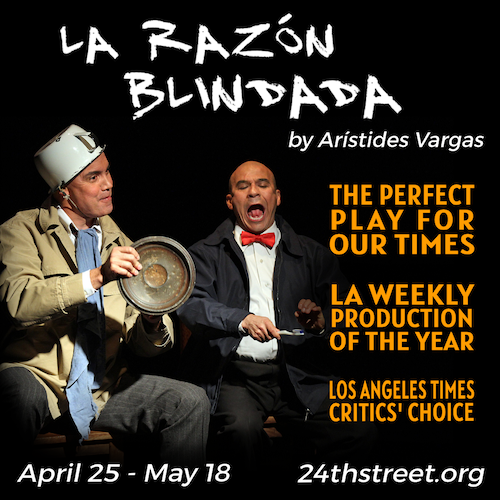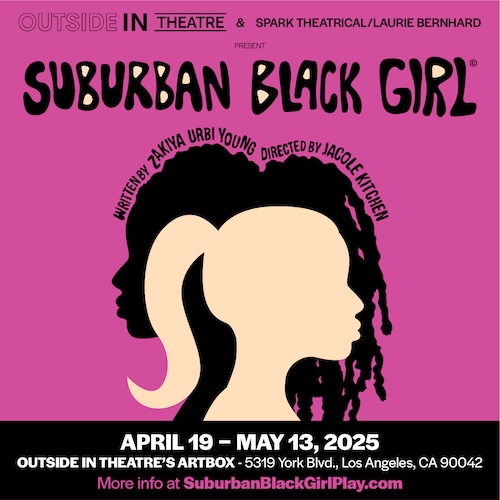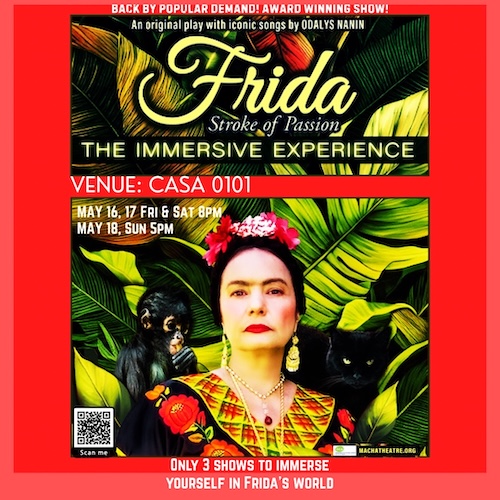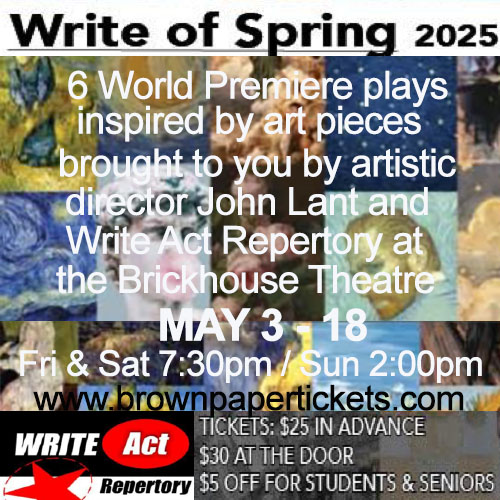Blues for an Alabama Sky
Reviewed by Deborah Klugman
The Mark Taper Forum
Thru May 8
RECOMMENDED
“Harlem was supposed to be a place where Negroes could come together and really walk about, and for a red-hot minute, we did,” muses Guy (Greg Alverez Reid), a gay fashion designer and one of five aspirational figures in Pearl Cleage’s Blues for an Alabama Sky.
The play — which premiered in 1995 with the director of the current production at the Mark Taper Forum, Phylicia Rashad, among the ensemble — is set in 1930, bearing witness to the Harlem Renaissance in decline. In its heyday, the Renaissance showcased a plethora of African-American writers, artists and musicians eager to live and work in this one-and-a-half square mile community in upper Manhattan. But things changed with the arrival of The Great Depression. Jobs and money grew scarce, and everyone — that is, except for the very privileged — had to scramble to survive.
Which is why, at the top of the play, Guy’s longtime friend Angel (Nija Okoro) is in a tizzy. A sultry blues singer with a drinking problem, Angel has just lost her job, her apartment and her man, all in one go. The man, her sugar daddy, was an Italian mobster who’d mentioned to Angel that he was marrying someone else. Later, on stage, spurned and furious, she broke off her performance midway to lobby insults at her former lover in front of a crowd of nightclub revelers. The club owner promptly kicked her out.
Guy, as even-tempered as Angel is volatile, is on hand to help her by sharing what little money he has and his digs. Their friendship, and the disparate way they approach their lives (he’s a dreamer, she isn’t), form a crucial thread in a work that blends historical perspective and social awareness with reflections on how the cumulative choices we make determine, for better or worse, who we are.
Besides Guy, someone else who provides contrast to Angel is Guy’s 25-year-old neighbor Delia (Kim Steele). Hardworking and dedicated, Delia is committed to establishing a birth control clinic in Harlem — which means convincing male leaders in the Black community that a movement led by the White Margaret Sanger is not about murdering Black babies. Delia doesn’t date — but this changes after she’s introduced to Sam (Joe Holt), a busy gynecologist who nonetheless always finds time to drop by Guy’s for a drink and a chat. After meeting Delia, he begins dropping by even more.
The stranger in their midst is Leland (Dennis Pearson), a conservative churchgoer from Alabama who is smitten with Angel and astonishingly blind to the oceanic gap between his life perspective and hers. This puts him at odds with the others who, whatever their differences, are all tolerant, urbane individuals. Leland, by contrast, is a traditional values kind of guy, a “true believer” who looks askance at homosexuality and abortion, and thinks he knows a woman’s true place. This dichotomy serves as tinder for the play’s central conflict and catharsis; there’s a parallel to today’s culture wars here, making the plot relevant beyond its historical perimeter.
Blues is a play I would have preferred to see in a more intimate setting, to more fully appreciate the subtleties within each performance, which are lost to audience members seated in the middle and towards the back of this theater. The exception here would be Okoro; her sexy, willful, smoldering Angel transcends distance from the proscenium, commanding total attention each time she appears. In Act 2, Reid’s Guy ascends from supporting player and enabler of Angel’s diva to the spotlight as, the veil lifted from his eyes, he takes a principled stand.
The play itself is crafted along conventional lines and can get a bit pokey before the drama ignites in the second half. But it’s worth the wait.
John Iacovelli’s beautifully detailed scenic design floods the playing area with warmth and color, creating just the right aura for a story about vibrant people in search of love and meaning. Designer Elizabeth Harper provides softening hues to complement the set. Jeff Gardner’s sound, along with Dontae Winslow’s original music, reflects the blues of the era. And costume designer Wendell C. Carmichael’s boudoir garb for Angel neatly underscores this bodacious character’s steamy allure.
Mark Taper Forum, 135 N. Grand Ave, L.A.; Tues.-Fri., 8 p.m., Sat., 2:30 & 8 p.m. Sun., 1 & 6:30 p.m.; thru May 8. Running time: two hours and 20 minutes with one intermission. centertheatregroup.org












